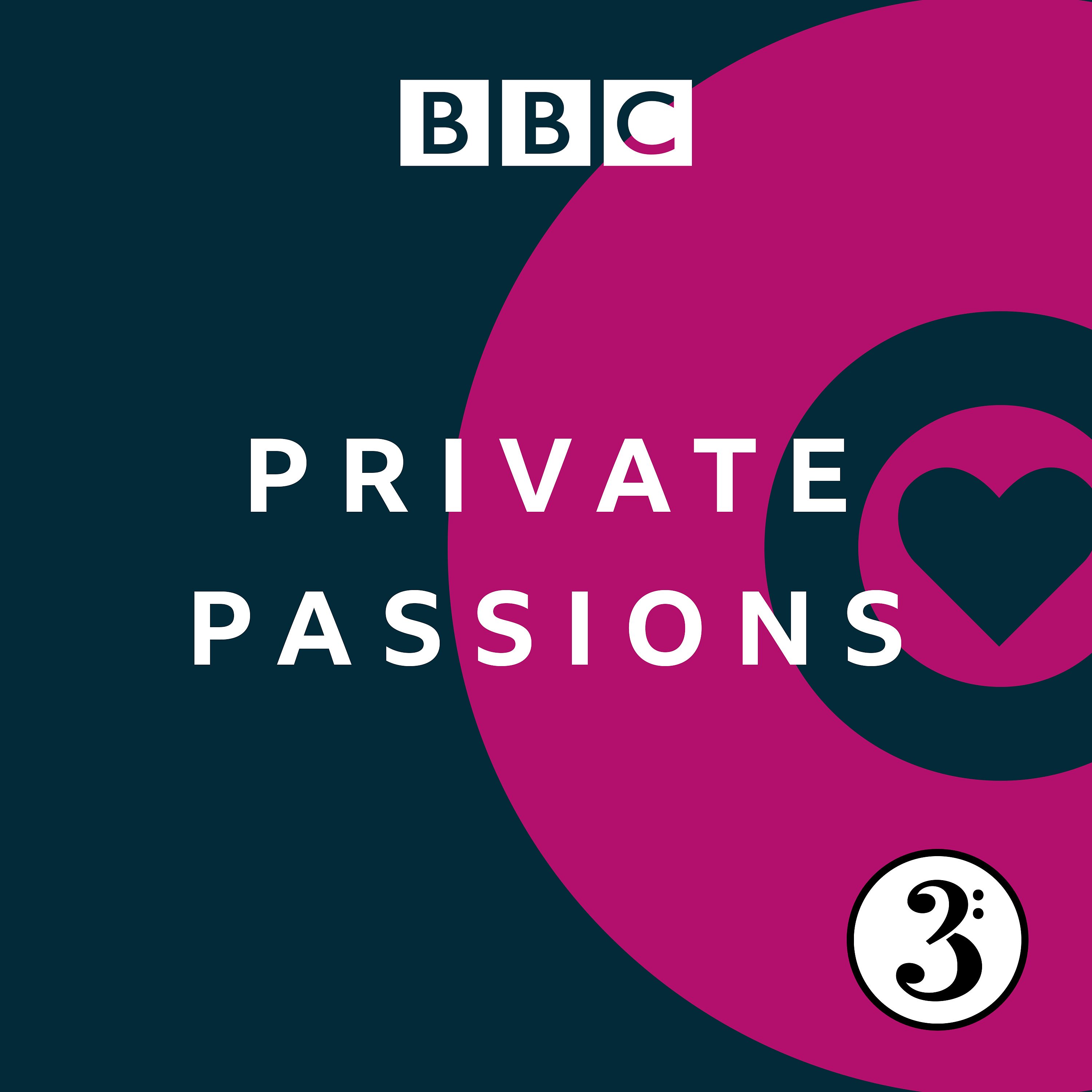Jamila Gavin

b'
Jamila Gavin was born in the foothills of the Himalayas; her Indian father and English mother met as teachers in Iran and married in Mumbai. By the age of 12, she\\u2019d lived in an Indian palace in the Punjab, a bungalow in Poona - and a terraced house in Ealing, west London. Ealing was where the family settled in 1953; Jamila went on to study at London\\u2019s Trinity College of Music, and to become a sound engineer and then a director in television. She didn\\u2019t start to write until her late thirties, beginning a career distinguished by many awards for her novels, plays and short stories \\u2013 around 50 books in all. It\\u2019s a rich world of myths and fairy-tales, orphans and adventures, ranging from 15th-century Venice to the mountains of India. She\\u2019s best known for Coram Boy, her prize-winning novel, later staged at the National Theatre, about the Foundling Hospital \\u2013 to which Handel gave the royalties from his Messiah.
In conversation with Michael Berkeley, Jamila Gavin reveals the shocking story, which inspired her to write her first book for children. Her books deal with serious themes: particularly slavery, both historic slavery and people-trafficking now. Reading them, you can forget that these are children\\u2019s books; but, she says, any experiences which children suffer should also be experiences they can read about.
Jamila Gavin\\u2019s playlist includes Handel\\u2019s Messiah, Tippett\\u2019s A Child of Our Time, Schubert, Brahms, Stockhausen - and her favourite Night Raga.
A Loftus Media production for BBC Radio 3\\nProduced by Elizabeth Burke
'